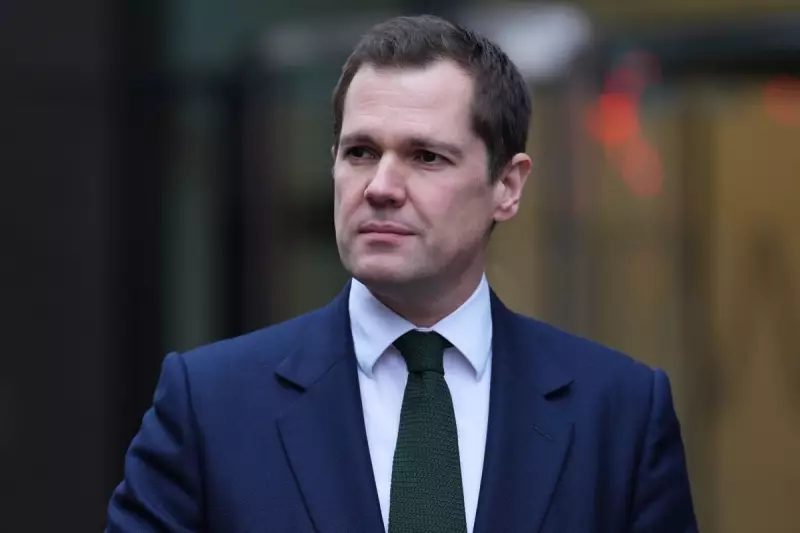
The BBC has come under fire and issued an apology following a controversial Radio 4 interview with former immigration minister Robert Jenrick. The segment, which aired recently, faced backlash for allegedly allowing xenophobic rhetoric to go unchallenged.
Critics accused the broadcaster of failing to adequately question Jenrick’s comments, which some argued reinforced divisive narratives around immigration. The BBC later acknowledged the concerns, stating that it regretted any offence caused and reaffirmed its commitment to impartial journalism.
Public and Political Reaction
The interview sparked immediate criticism from listeners and advocacy groups, who claimed the discussion veered into inflammatory territory without sufficient pushback from the presenter. Social media erupted with accusations that the BBC had provided a platform for harmful stereotypes.
In response, a BBC spokesperson said: "We recognise the concerns raised and apologise for any distress caused. Our aim is always to facilitate balanced and respectful debate."
Broader Implications
The incident has reignited debates about media responsibility in framing immigration discussions, particularly in the lead-up to a general election. With immigration remaining a hot-button issue, critics argue that broadcasters must be vigilant in challenging misleading or inflammatory claims.
Jenrick, who resigned as immigration minister last year over disagreements with the government’s migration policy, has been a vocal advocate for stricter border controls. His comments during the interview echoed his long-standing stance, but opponents say the BBC should have done more to scrutinise his assertions.
This is not the first time the BBC has faced scrutiny over its handling of politically charged topics. The broadcaster has repeatedly emphasised its dedication to impartiality, but critics contend that more robust editorial oversight is needed to prevent similar controversies.





